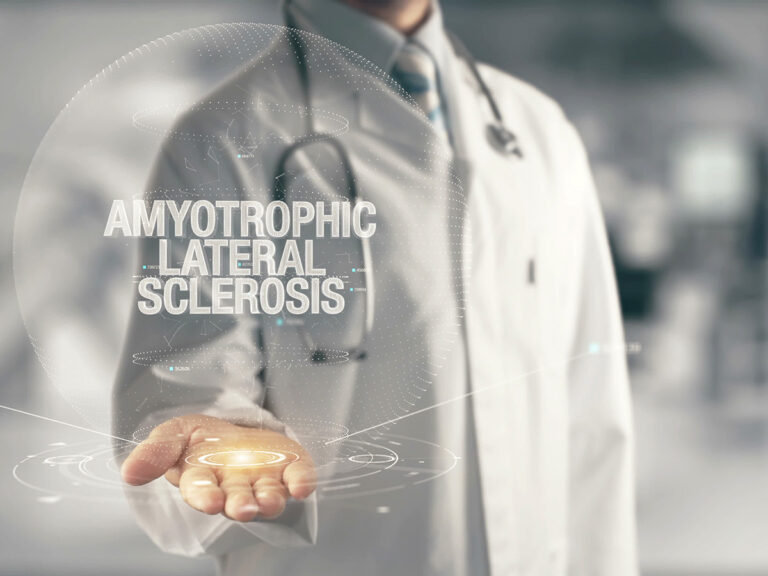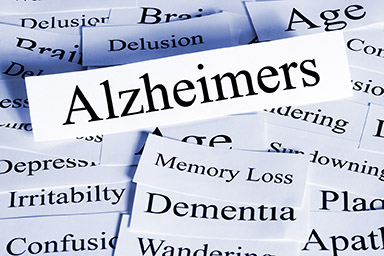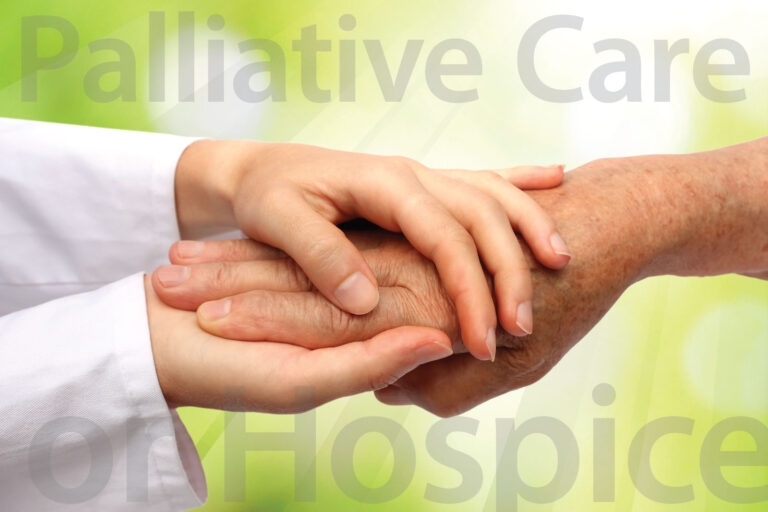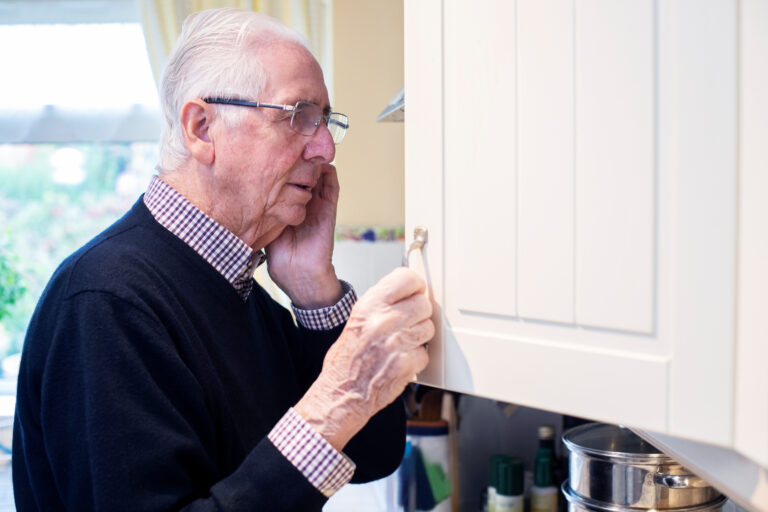When a loved one is approaching death from a terminal illness, we all hope that the time they have left is as comfortable and as peaceful as possible. Unfortunately, pain is common as a person approaches the end of their life, and often worsens as the final days, weeks, and months come nearer.
There are different types of pain that can come up at the end of life. These pain types include physical pain from disease or medication side effects, emotional pain from saying goodbye to loved ones, feeling like you have unfinished business, or having difficulty accepting that life is coming to an end.
Read on to learn more about the types of end-of-life pain management that can help. You’ll also see some common misconceptions about end-of-life pain management, and get some advice to help your loved ones cope.
Are you or a loved one living with a chronic or terminal illness?
The Sage Family of Companies is here to help.
Are you or a loved one living with achronic or terminal illness?
The Sage Family of Companies is here to help.
What Is End-of-Life Pain Management?
End-of-life pain management is the care provided to ease pain and provide comfort when a patient is approaching their final days. This may include medication to treat pain and other symptoms, as well as mental and spiritual support to cope with the emotional challenges that can arise at this time.
How End-of-Life Pain Management Works in Hospice Care
The goal of hospice care is to relieve pain, enhance comfort, and improve the quality of life of a loved one dying from a terminal illness. To achieve this, your hospice care team will work together to focus on your physical, mental, emotional, and spiritual health.
Your care team, which consists of doctors, nurses, specialists, counselors, social workers, faith leaders, and volunteers, are specially trained in end-of-life care. They also understand how challenging this time can be for patients and their families. They’ll provide a number of treatments and resources to help you cope.

Providing Physical Comfort at the End of Life
When it comes to end-of-life care, a big part of treatment focuses on relief from physical pain and other symptoms. Research shows that pain increases in the last four months of life and many find it to be severe and unbearable without medical intervention.
Morphine for End of Life Pain Management
Strong pain medications like morphine are the gold standard of treatment to relieve suffering from moderate to severe pain. Morphine is an opioid that works by blocking pain signals from traveling through the nerves to the brain. It can be taken orally as a pill, intravenously, or by injection or suppository.
Morphine can also help relieve anxiety and shortness of breath, two symptoms that can cause severe distress at the end of life. Note that while morphine can become habit-forming and dangerous if used inappropriately, your hospice providers are specially trained to administer only safe and appropriate doses to patients. The drug is generally considered safe when taken under a doctor’s supervision.
Morphine Alternatives to Manage Pain
End-of-life pain medication alternatives to morphine include oxycodone and codeine. Other medications may also be prescribed to ease symptoms like restlessness, agitation, nausea and vomiting, and digestive issues like constipation.
In addition to medications, other treatments can help bring physical comfort at the end of life. These include physical therapy, massage, and alternative treatments like Reiki, energy healing, and acupuncture.
Are you or a loved one living with a chronic or terminal illness?
The Sage Family of Companies is here to help.
Are you or a loved one living with achronic or terminal illness?
The Sage Family of Companies is here to help.
Managing Emotional and Mental Needs at the End of Life
Dying from a terminal illness can bring on a host of difficult emotions. Grief, anger, sadness, frustration, despair, anxiety, and unease are all perfectly normal and understandable feelings to have at the end of life. They can also lead to mental and emotional pain that may be difficult to manage on your own.
Mental health counselors are an integral part of your hospice care team. Specially trained in coping with death and the challenging feelings that can arise around the end of life, these counselors will be available to you and your loved ones. You’ll also have access to support groups if you wish to speak to others who are coping with similar feelings.
Spiritual Needs at the End of Life
Some people may experience worries or concerns about the afterlife as death approaches. Even people who were never particularly religious may find themselves preoccupied with the afterlife as the end of life approaches.
If desired, you can meet with a chaplain or other faith leader to address any of these concerns. Your hospice care provider can help arrange these visits.
Common Misconceptions About End of Life Pain Management
When a loved one is dying from a terminal illness, we all want to make sure they’re getting the best care, so they can be as comfortable as possible. Your family may have questions or concerns about some of the medications and treatments commonly used during end-of-life care.
These medications are often very strong, which is necessary to provide comfort at this time. Unsurprisingly, this has led to a number of misconceptions about end-of-life pain management.
Myth: I’ll Get Addicted Painkillers in to Hospice Care
It’s true that when used inappropriately and taken long-term, opioids like morphine can become habit-forming. This leads some family members to become concerned that their loved one will get addicted to these medications during hospice care.
However, hospice providers are specially trained to administer safe and appropriate doses of these powerful drugs to patients. So, rest assured that addiction to painkillers is very unlikely during end-of-life pain management.
Myth: Morphine Speeds up Death
While it’s a common misconception that morphine quickens the dying process, there is no evidence that the drug speeds up death. Since morphine is often administered at the end of life, it’s often the final medication a patient takes before they die. This may lead some loved ones to incorrectly conclude that morphine caused the death, especially if they were with their loved one and morphine was administered moments before they died.
Myth: Pain Is a Part of Dying
While pain tends to increase in the final days and weeks before death, severe pain doesn’t have to be part of the dying process. There are a number of medications and treatments that can help relieve pain and provide comfort during your loved one’s final days.
Myth: End of Life Pain Management Can Only Be Given at a Hospital
It’s a common misconception that hospice care is only available in a hospital. In fact, hospice care can be provided in the comfort of your own home, in addition to healthcare facilities like hospitals, nursing homes, and hospice centers.
FAQ
Here are some frequently asked questions about end-of-life pain management.
What is the Best Drug for the End of Life?
How Long Does End of Life Pain Last?
Easing End of Life for Loved Ones
There’s no easy way to say goodbye to a loved one who is dying from a terminal illness. Grief, frustration, anger, and despair are very common emotions to feel at this time and can lead to a great deal of emotional pain.
No matter what your situation is, know that you’re not alone. Bereavement counseling for loved ones is available through your hospice care team to help you through this difficult time. Attending support group meetings can also help you feel connected to others who are going through the same thing, which can often facilitate healing. Speak with your hospice care provider about these and other resources to help you through the grieving process.
Summary
Pain is common at the end of life, but there are a number of ways to make the dying process as comfortable and peaceful as possible. Medications and other therapies are available to relieve the physical pain of dying, and counseling with mental health providers and faith leaders can help with any emotional or spiritual concerns you or your loved one may have at the end of life.
The Sage Family of Companies is here to answer any questions you may have.






